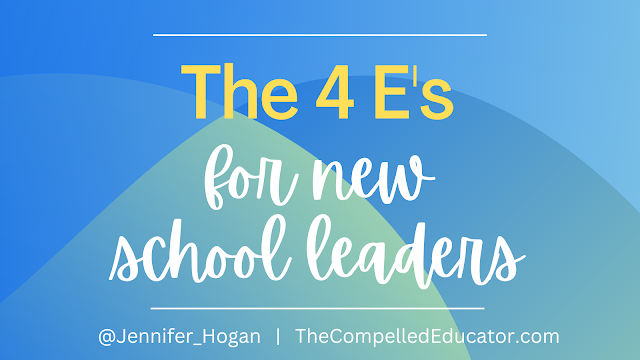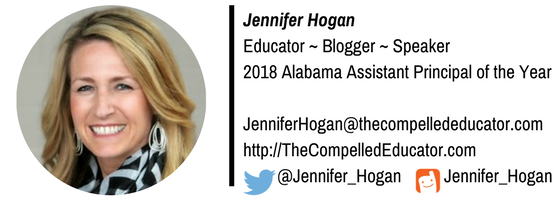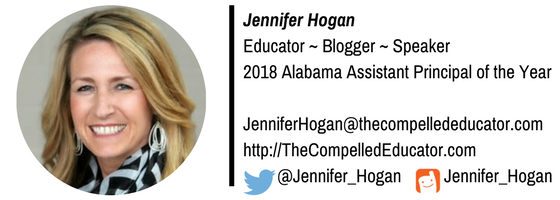Leadership is not about a position, it’s about a mindset.
All true leaders understand that they are in a constant state of becoming as they walk the path of the effective leadership process. Leaders come from different backgrounds and experiences, but they share one thing in common. They are perpetual learners who continue to grow themselves as well as others.
There is too much to learn about leadership for a person to feel as though they have “arrived.”
A person may have a lot of experience dealing with different situations and people, yet that does not make one incapable of still having something to learn.
There are two quotes by legendary basketball coach John Wooden that have stuck with me throughout my career as an educational leader. The first quote is this: “If I am through learning, I am through.” The other quote states, “It’s what you learn after you know it all that counts.” Both of these quotes sum up the mindset that is required for leaders to become exceptional at leading.
Don't make my mistake.
Have you ever thought, “I already know everything there is to know about ______.” Embarrassingly, I did early in my teaching career. After four years of teaching, I left the profession. I was bored. I was jealous that another teacher who had been teaching longer than me but not as effectively as me was getting paid more than me. I thought I had seen every situation and knew how to handle any challenge thrown at me. Dang, was I young and stupid!
It only took two years for me to realize that education was my calling, and after ending my career in public education of 27 years, I can say that I’ve had a lot of different experiences, but I definitely don’t know everything.
The mindset that I had as a young teacher was not one of leadership. I was comparing myself to another teacher, which is a limiting mindset. Also, I only thought of my influence with students and not how I could influence other teachers in the building. I feel lucky that the questions I had about "whether or not education was for me" came up relatively early in my career. After the two year break oh so long ago, I was able to eliminate the questions in my mind and change my mindset to that of a leader and learner as I re-entered the education field. Additionally, once I embraced my future as a life-long educator, I began to “learn what I needed to know after I knew it all.” Have you ever had a similar experience?
Just as teachers need to plan lessons to maximize learning for their students, leaders must be intentional about planning their time and “lessons” in order to maximize their own learning and growth.
Here are 3 key practices that I found worked for me and my hope is that they will work for you, too.
Key #1: Leaders must build strong support teams
Learning is a social activity. Learning is messy, and it requires vulnerability and persistence. It is important that leaders build a team of encouragers, disrupters, thinkers and doers. Very few people in the world are successful without a team.
Without a team in place, it’s easy for a person to “tinker” with change, where real growth occurs. Tinkering doesn’t require deep learning or great amounts of courage. Today, we need leaders who are willing to learn deeply and apply their learning.
Key #2: Leaders must be courageous
When new bark grows on a tree, the new growth is generally fragile. Leaders who are willing to change and grow will go through a fragile period, too.
For example, a school or district administrator may try a new initiative or program and not know on the outset if it will be successful. Risking a period of vulnerability takes courage, but can lead to exponential growth with reflection and learning throughout the process.
Another example is one that is more difficult for leaders, and that is when the growth is about personal skills and learning about one’s self. Learning not to take the feedback personally is essential for using the feedback constructively as a tool for growth.
Key #3: Leaders must organize their learning cycles
Just as a teacher plans lessons for their students, a leader plans for his or her own learning. Teachers must get clear about what their students are to learn, then they should provide intentional instruction while assessing the students throughout the learning cycle to ensure that students are progressing in their knowledge and skills and determine if there are any gaps in understanding. In the end, it is determined if the students learned what they needed to learn. Reflection about the process as well as collaboration with others assists the teacher in improving effective instruction.
Leaders should also be intentional about their personal and professional growth. They should get clear about what it is they want to learn, implement their learning to determine if there are any gaps in the learning and/or execution, then they should get feedback, reflect, and collaborate with others to grow from the experience.
Once leaders 1) build a support team, 2) summon up courage, and 3) get organized, the question then becomes, “What is it that I need to learn?” The answer to that question comes from many sources, all of which are valuable and relevant.
I love the saying, “You don’t know what you don’t know.” What leaders have to get really good at is finding out what they don’t know.
Identifying blind spots will help to understand and hone in on those things that need to learned. It’s important for leaders to get feedback from others, because there may be a gap in what she perceives about herself. Once a leader gains insights on how her actions are interpreted by others, she can prioritize her learning.
As part of the learning cycle, a leader will be in a constant feedback loop, always seeking information about their effectiveness and ongoing improvement. Getting authentic feedback from others is a leadership skill itself that must be developed through trust, respect, and authenticity.
Which of the 3 Keys are strengths for you?
Are any of them an area where you are growing?
I would love to hear what your take-aways are and if any of these thoughts resonate with you. Feel free to reach out on twitter or leave a comment below.
Pin now, Share later >>

















